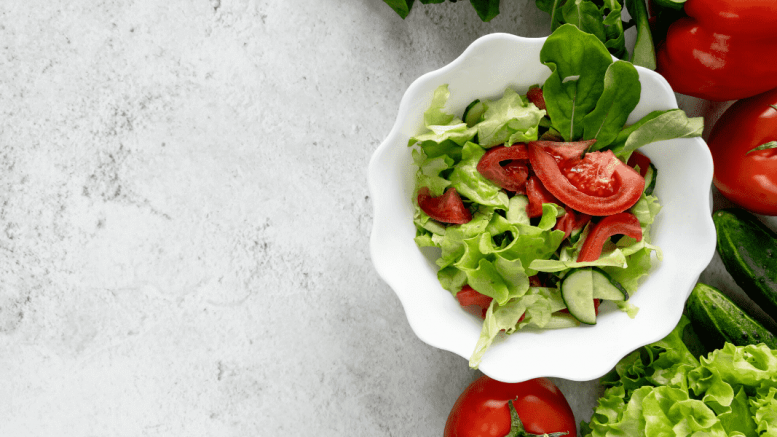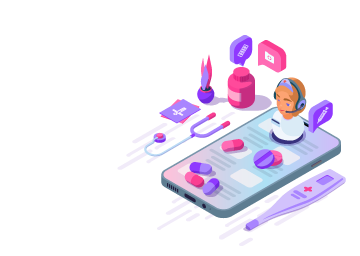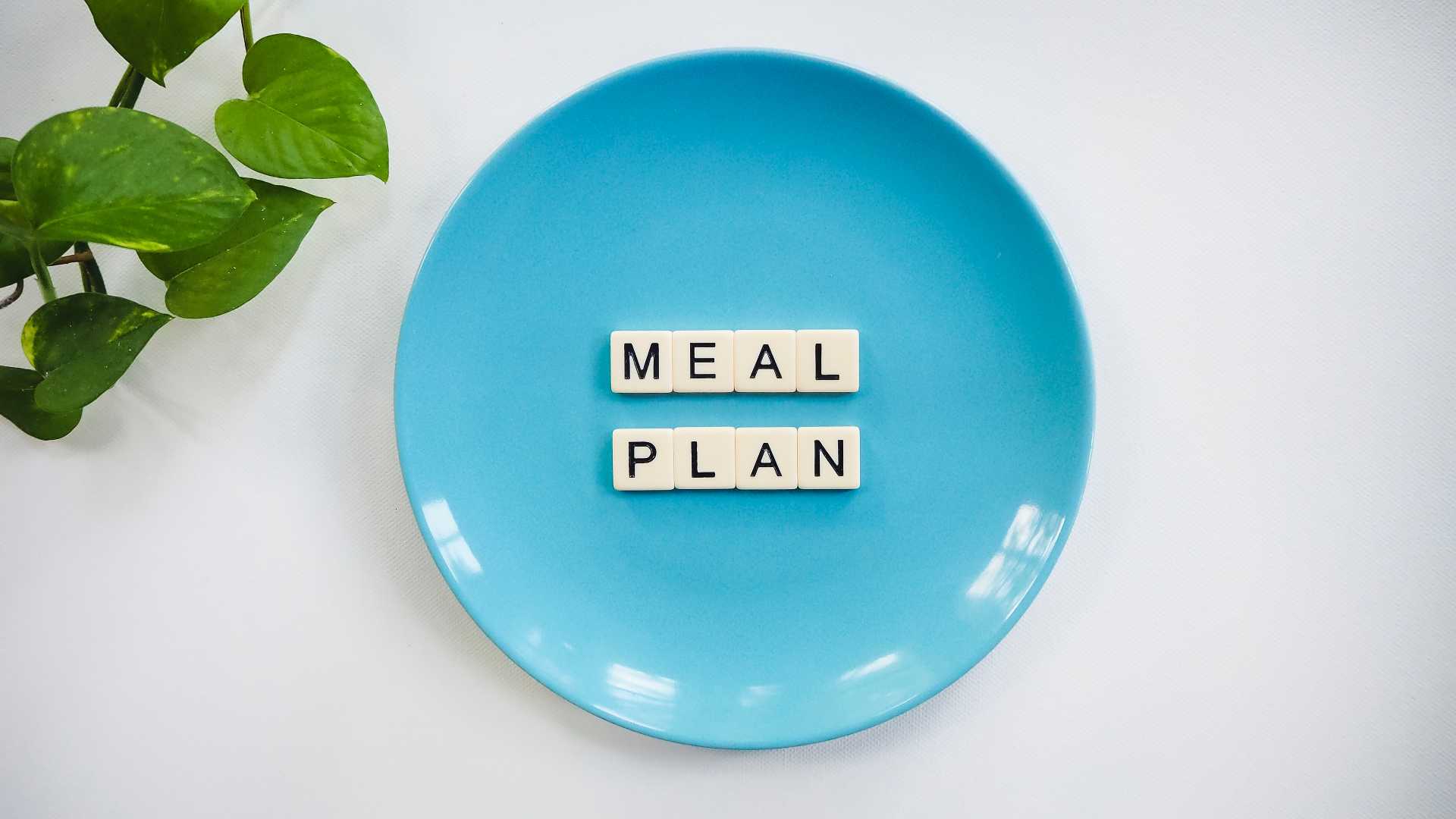A plant-based diet is often confused with the vegan diet. Plant-based eating means eating mostly plant-based food items but it does not necessarily mean eliminating animal-based products which are a case for a vegan diet. One of the most important steps towards self-care is an agenda you take to improve your wellbeing, support vitality levels, and prevent yourself from the risk of chronic diseases and to move towards a plant-based eating routine.
Studies show that a plant-based eating routine can diminish the danger of type 2 diabetes, heart-related illness, particular sorts of cancer disease, and other significant diseases. Over the years, plenty of people have benefitted from switching to a plant-based diet. They report reduced inflammation, better overall health outcomes and increased energy in their body.
You can also burn fat by changing your diet plan to a plant-based one as fad diets lead to restrictions of various food items but a plant-based eating regime allows you to eat products you like that are obviously plant-based. Here are some guidelines to stick to if you want to start with plant-based eating :
Table of Contents
Food items you can eat:
- Vegetables like spinach, bell peppers, broccoli, sweet potato and kale
- Fruits like strawberries, blueberries, apples, grapes, melon, bananas, oranges and avocado
- A good quantity of beans
- Variety of lentils
- Nutritional seeds like chia seeds and flax seeds
- Black coffee
- Green tea or lavender tea without sugar
- Dried fruits like almonds, walnuts, and cashews
- Whole grain food items like quinoa, brown rice, whole-wheat bread, whole-wheat pasta
Food items you should avoid:
- Milk and cheese
- Chicken, beef, and pork
- Processed sugary drinks like soda or fruit juices
- All kinds of animal products like eggs and meat
- Honey and sweet dishes
- White pasta or white bread
Making a transition from a normal diet plan to a plant-based diet plan can be a huge task for you, in the beginning, to solve this problem we have listed down the starting methods you can apply to slowly make a shift into a plant-based diet. Following these steps will make it easier for you to follow the plant-based eating routine without any issues:
Read Also: Role of Vitamin D in The Fight Against COVID-19
- Try adding more leafy veggies to your normal diet routine
- Try to limit yourself while eating sweets and desserts, eat them in smaller quantities.
- Try replacing processed food items with whole grain food items
- Slowly decrease your intake of processed sugar, try having unsweetened tea or coffee
- When you crave for small snacks, try munching on nuts and seeds as they rich in protein and fiber content
- Replace your normal cooking oil with plant-based oils like olive oil or sesame oil.
- Have a bowl full of vegetable soup before starting your main meal to fill yourself up with nutrition.
These small changes in a regular lifestyle will make your transition smoother. Plant-based diet aids in controlled blood pressure and also helps in weight reduction. Try out switching to the plant-based eating regime and you will feel more powerful and happy inside out.

 Login/Register
Login/Register











Be the first to comment on "Ultimate Beginner’s Guide To Plant-Based Eating"